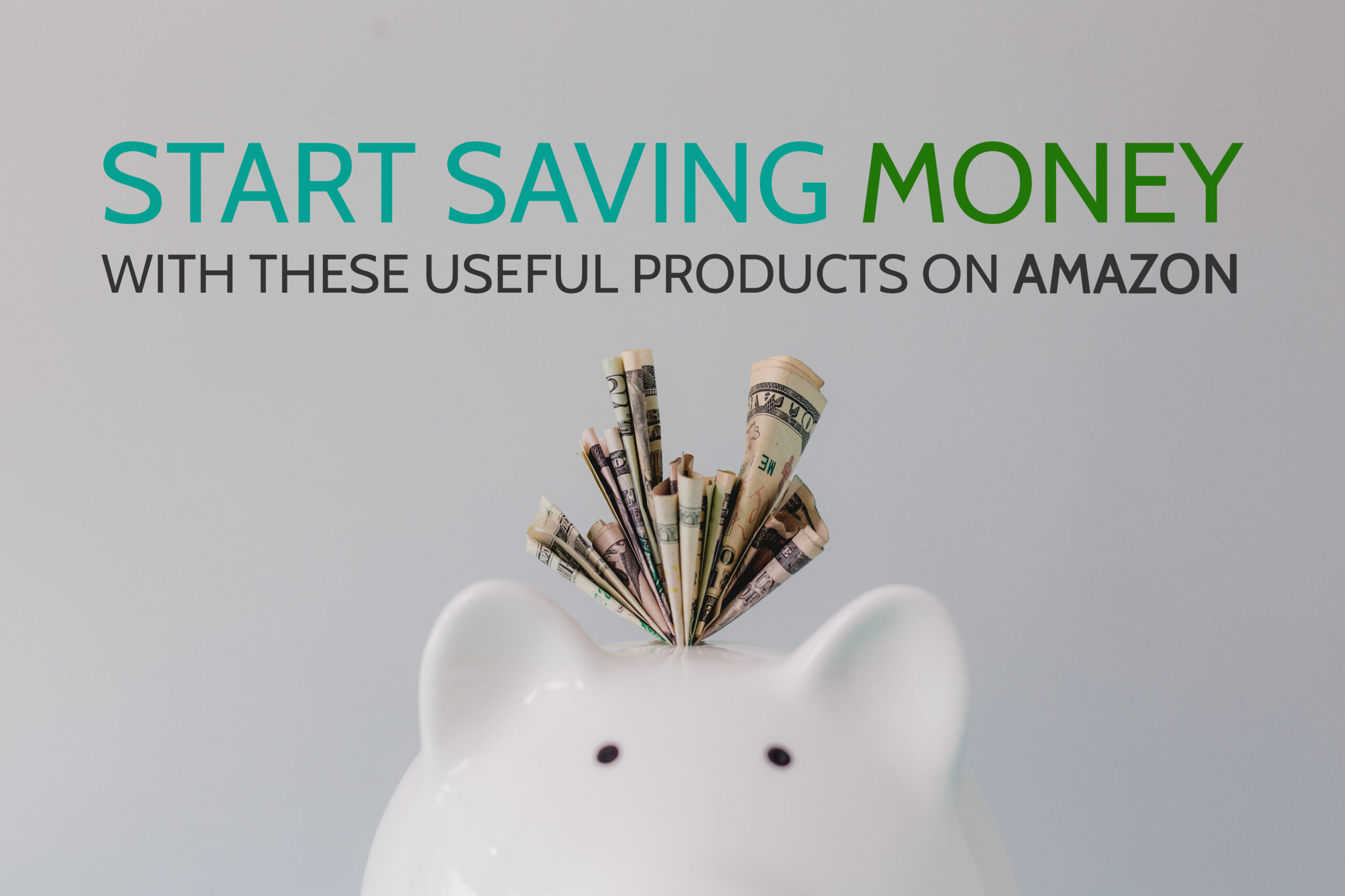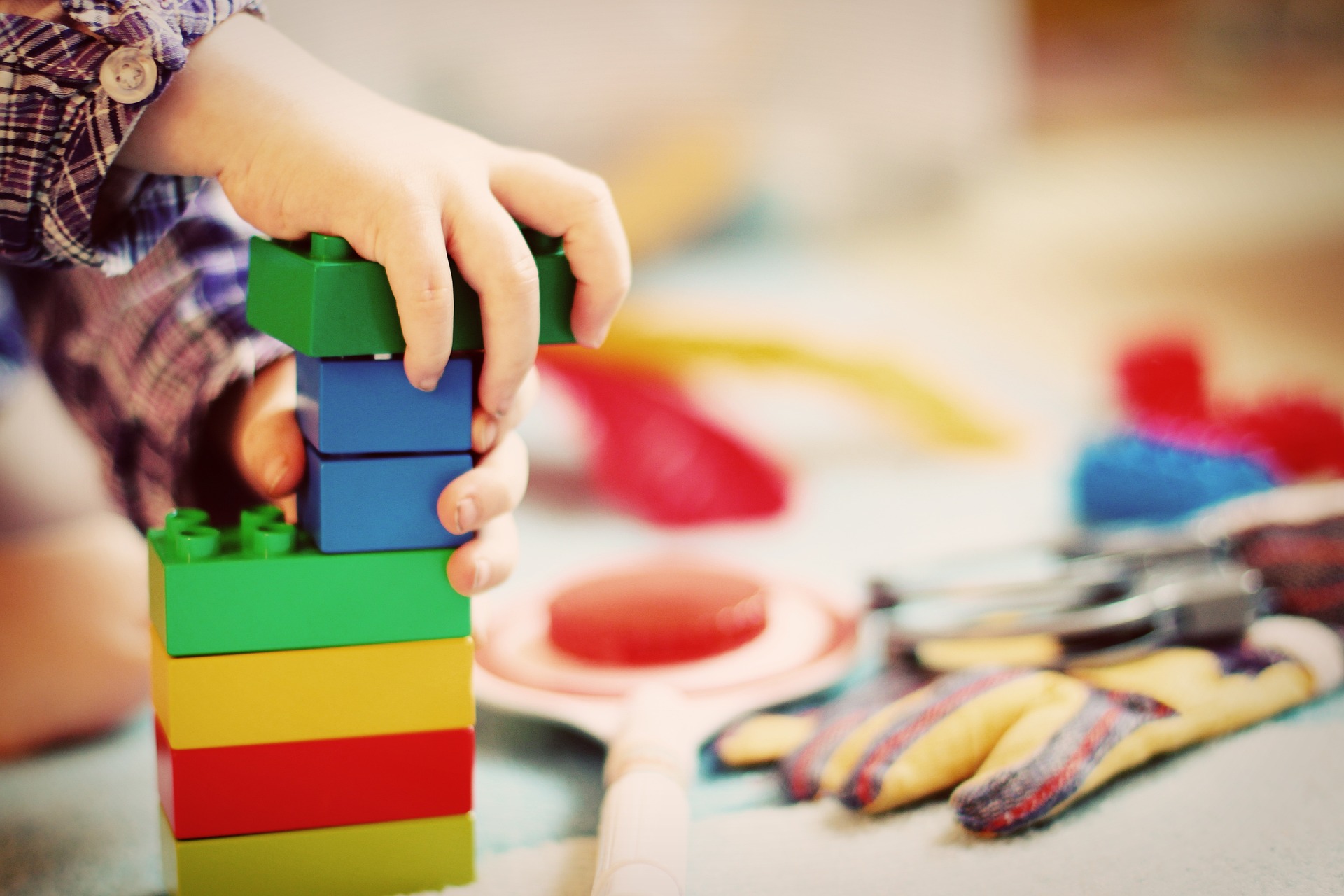There are a lot of used cars available on the market. For someone who is in need of a vehicle but may not have the money for a new model, a used vehicle could be the ticket. When buying used, however, there is always the chance of getting what is called a lemon, a car that frequently breaks down and runs up high repair bills. Avoiding a lemon is not necessarily easy, but there are some steps that can be taken to do so.
Buying a good used car is different than buying a new vehicle. It can be reasonably assumed any new vehicle will provide reliable transportation for a number of years. With a secondhand car, there’s always the chance it will not be in the best condition. Here are some ways to avoid buying a lemon:
*Before going shopping, take some time to research which models of vehicles have the best reliability records and few recalls. There are several online sites that maintain databases of recalls for cars. Check out user review sites to see what models have made other drivers happy.
*While research is important, don’t get locked into one particular car. Even though a certain model may have a good record, each individual car is different depending on how it was driven and maintained.
*Be sure to thoroughly inspect any vehicle that is being considered for purchase. Small signs can point to larger problems. Body panels that do not line up quite right or paint that doesn’t match could indicate the vehicle was in an accident. Mildew on the interior carpet may be a sign it once had flood damage. Look inside the engine area for any signs of leaky fluid. Uneven wear on the tires may mean the car was driven hard.
*Though it might cost a little more, it can be worth it in the long run to buy from a dealership that also deals with new cars. They often keep the best used vehicles to resell, and they’ll often also offer some kind of warranty on the cars they sell.
*Question the seller about the vehicle and ask to see the service records. Be as specific as possible and take as much time as needed to get the right information. Don’t let the seller rush the transaction. If anything doesn’t seem right, find another vehicle.
*Once a car has been picked, arrange to have it inspected by a trusted mechanic. It will cost a little bit of money, but if the car is given a clean bill of health that will mean less being spent on repair costs.
A secondhand car can provide very reliable transportation for much less money than buying a brand new vehicle. By putting in a little more leg work and research, it is possible to find a good used car while avoiding any lemons.
Guest author Melanie Lewis writes for a site with a useful used car payment calculator to help consumers calculate a budget before buying a secondhand car.




